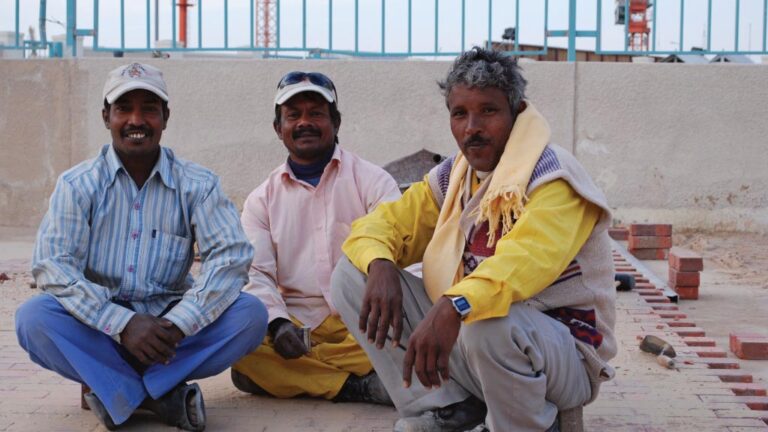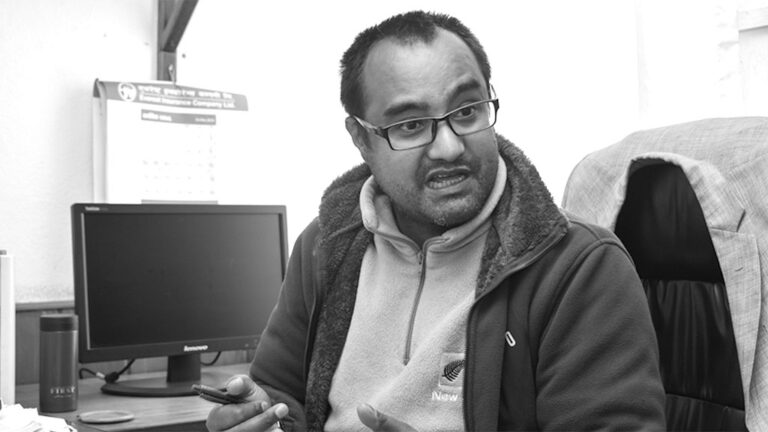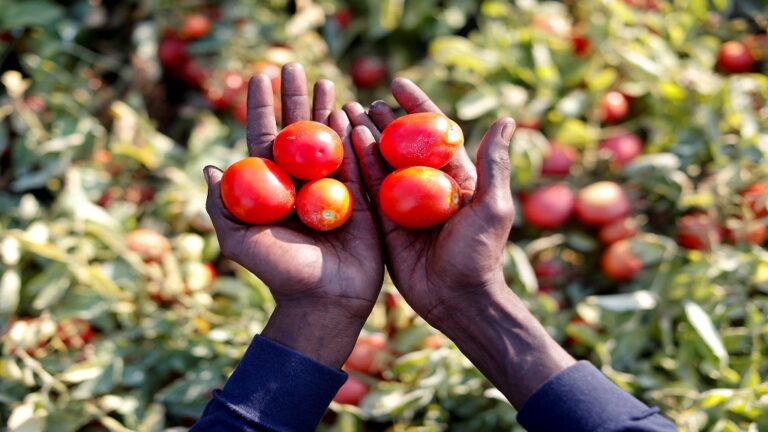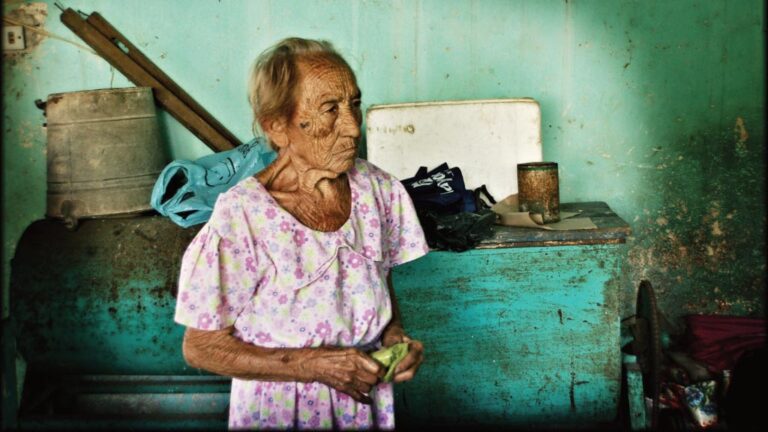Many were shocked when FIFA announced their choice for the 2022 FIFA World Cup in Qatar. It is not only a wildcard in international football, but also notorious for the unworthy treatment of its many migrant workers. With only three years left until the first kick-off, not much seems to have improved.
It is hard to imagine that in the richest country in the world, the minimum monthly wage is a mere 200 US Dollars. It is also hard to imagine that more than half of the population live in labour camps, far away from the radiant skyline of the capital. And what is hardest to imagine is that this country, until recently referred to as “a slave state in the 21st century” will host the next Football World Cup.
Qatar, located on a peninsula in the Persian Gulf, has a native population of only around 300,000. Ever since FIFA approved its bid for the 2022 FIFA World Cup in December 2010, the population has grown by more than 35 percent. For the construction of the twelve planned stadiums, roads and hotels with a total budget of 200 billion US Dollars, Qatar is heavily dependent on foreign labour. According to the latest statistics, around 95 percent of the 2.6 million inhabitants are foreigners, most of them unskilled or low-skilled workers from Africa and South Asia. The second largest group of migrant workers after India, comes from Nepal with nearly 400,000. More than ten percent of the Nepali population, 1700 men and women every day, have left the Himalayan nation to work abroad, and many moved to Gulf States like Qatar in hopes of a stable income.
While many people have been able to gather savings and ensure their children’s education, they have paid a high price for it: heavy recruitment fees, wages lower than promised, unpaid overtime, unworthy working conditions and until recently a system that is known as prime example of modern slavery: kafala.
The kafala or sponsorship system allows slave-like working conditions in the Gulf countries, Jordan and Lebanon. The intention behind the system was to regulate foreign workers by having nationals looking after them which today has become a tool of oppression. The employee is not allowed to leave the country, quit or change jobs without the consent of the employer, also known as kafeel. Breaking the rules will result in deportation or imprisonment.
After consistent international outcry, Qatar gave in and introduced a new contract-based law in December 2016 as a replacement of the kafala system that entailed the establishment of state-run grievance committees for workers’ complaints. It was followed by another reform in September 2018 that eliminated the need for an exit permit from the employer to leave the country.
Labour rights activists soon argued that the apparent amendments were still highly insufficient to actually abolish the kafala system. Workers still need a certificate from their employer to change jobs.
Furthermore, the 174,000 domestic workers in Qatar are not even included in the law, most of whom are maids from Africa and Asia. Their stories tell of rape, torture and a life of slavery. They are forced to work up to 21 hours a day, sometimes without pay, food and rest. Their passports are often confiscated by the employers at the airport. Thus, the maids are trapped at home. With very limited escape possibilities, women are driven to suicide or risk their lives to escape as their only way out.
The new law also fails to strengthen labour rights. Unions and labour protests remain banned, and working conditions are still not sufficiently monitored. Migrant workers are forced to share overcrowded accommodation with non-existent hygienic standards and work long hours in risky conditions and extreme heat. In 2014 alone, one Nepalese migrant worker died every other day at one of the World Cup construction sites.
With only a little more than three years to the first kick-off, a change in Qatari work culture seems illusionary. Or as a researcher at Equidem, a labour rights consultancy, puts it: “Some important milestones have been reached. But the reforms, to be effective, will require a generation of change””.





